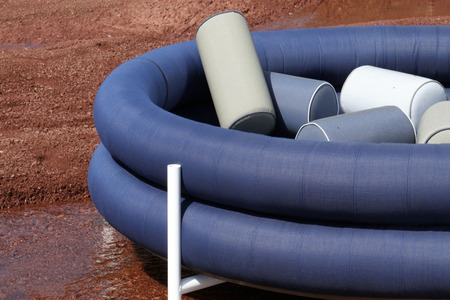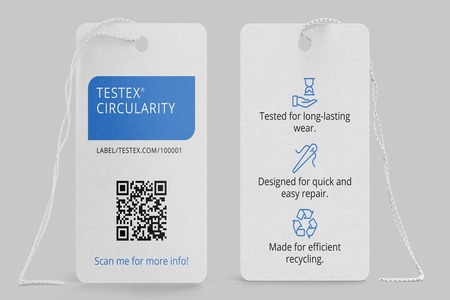
Thailand need to conclude FTA with Europe and also boost its textile production soon
YarnsandFibers News Bureau 2015-02-08 16:00:00 – BangkokThe EU has cut GSP privileges to several countries, including Thailand, since January 1 after the World Bank redefined them as upper-middle income countries from 2011 to 2013. Due to which Thailand has to pay high duty as much as 12 percent now for products exported to the EU, impacting the country’s competitiveness with countries such as Indonesia, Vietnam, Cambodia, Laos and Myanmar which still enjoy GSP privileges.
Suttinee Poopaka, executive director of the Thailand Textile Institute at the seminar in Bangkok said that Thailand should quickly negotiate and conclude a Free Trade Area agreement with Europe in the absence of a Generalized System of Preferences offered by the European Union.
Vietnam currently holds an economic strategic partnership under the Trans-Pacific pact with the US and is opening an FTA with the EU. If it succeeds, Vietnam would enjoy a zero duty on its goods exported to the US and to the EU.
Suttinee advised that Thailand not only to conclude an FTA agreement with Europe as soon as possible but also boost its production competitiveness in its textiles and garments as the producers have also been impacted from a hike of daily minimum wage to Bt300 in the country.
Due to competitiveness, quite of few Thai manufacturers of brand name products have now relocated their production bases to neighboring countries, including Cambodia which still enjoys GSP privileges.
Market Intelligence
Ask for free sample Report

experience
Customer Base
dedicated team
Countries Served Worldwide









